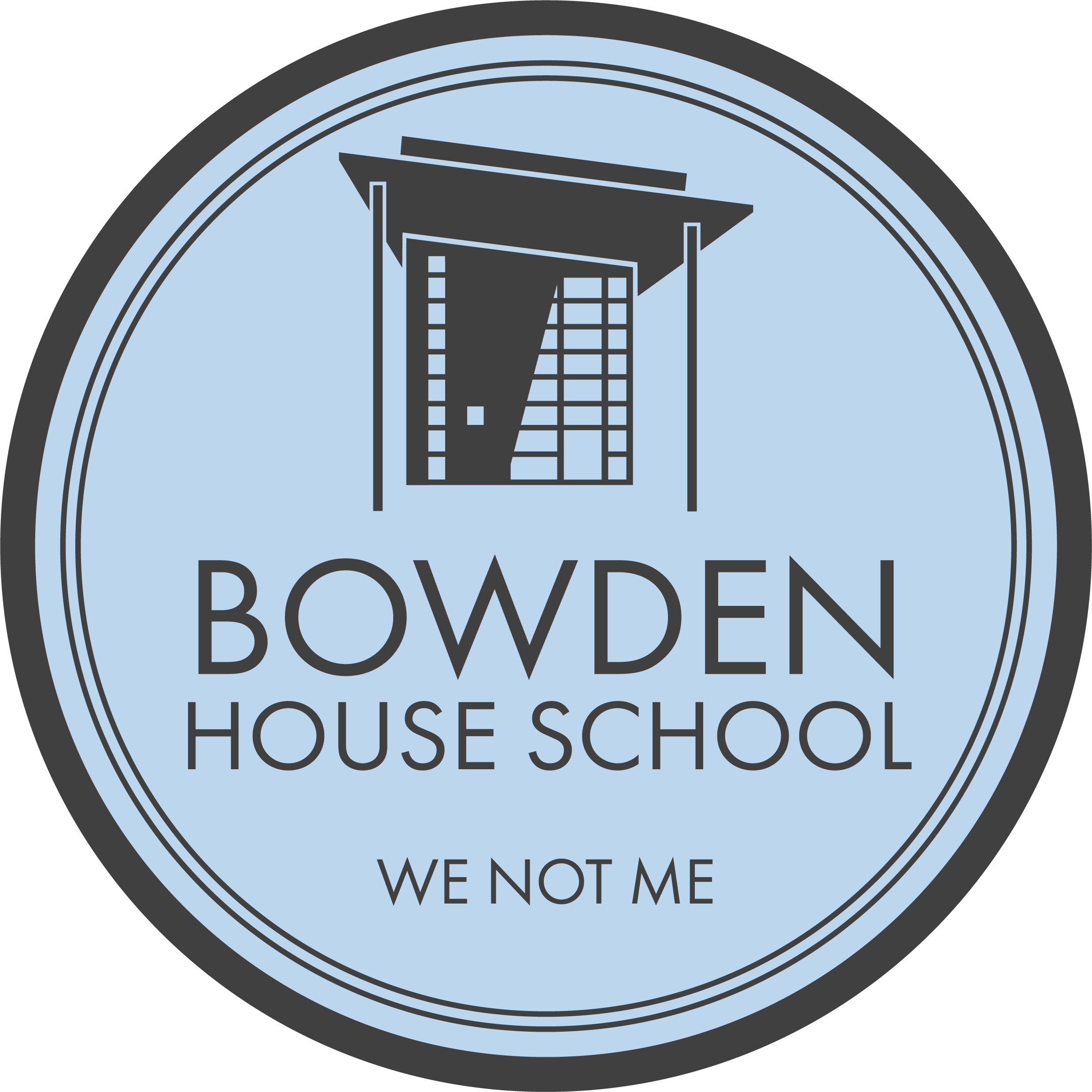Stage Not Age
Bowden House School has committed to developing and implementing a ‘Stage not Age’ curriculum from September 2019 onwards. As a school we believe the wide-ranging needs of our students facilitate a necessity for a dynamic curriculum that meets the requirements of all students.
Because of the wide variability in students’ levels of attainment, any single year-level standard, wherever it is set, will be inappropriately easy or unrealistically difficult for a large proportion of students.
This means that less advanced students often are presented with year-level material that is much too difficult. For many students, this occurs year after year. Some fall increasingly far behind with each year of school. By 15 years of age, large numbers of these students fail to meet even minimum standards of reading, writing, mathematics and science, and many have essentially disengaged from the schooling process.
The reorganisation of the curriculum in this way is a radical departure from current practice and something that requires a change in mindset. What it means to learn successfully at Bowden is now defined not in terms of year-level curriculum expectations, but with reference to a hierarchy of proficiency levels through which students would progress throughout their time at school.
Our ‘stage not age’ process has eleven levels. These levels relate specifically to national curriculum expectations for the level of proficiency stated below, all students also have a sticker album for each academic subject which allows them to monitor and track their own progress over time:

At Bowden House we believe that this system represents a far more equitable model for all of our students. Within this system every student is provided with stretch challenges appropriate to their current level of attainment and students are expected to make excellent progress every year – regardless of their starting point.
In summary, the benefits of a ‘stage not age’ curriculum for students at Bowden House is multi factorial, these have been highlighted below:
- Enables identification of where individuals are in their long-term learning progress
- Recognises and responds to students’ very different levels of attainment in each year of school
- Targets teaching to an individual’s current level of proficiency and allows staff to set appropriate, personalised learning goals
- Assessing and reporting of student’s attainment is relevant and focused
- Monitoring and reporting growth is far more explicit and valuable
- Identifies minimum levels of attainment for particular purposes
- Encourages and nurtures mastery of curriculum content
Bowden House curriculum update 2022
Following the success of our Stage not Age curriculum over the last three years we outlined some of its limitations and set out to address them for the academic year 2022. Changes that have been made include:
- The launch of our bespoke web data application VIEW (please see separate heading under ‘curriculum’ for more info) which has enabled us to engage students and staff with ‘live’ progress data across the school.
- Developing a curriculum that reaches further back into the early years setting for English, Maths and Science as a response to increasingly lower academic entry points.
- Development of a dedicated Reading curriculum to further embed the culture of reading across the school.
- Development of a dedicated Outdoor Adventurous Activity (OAA) curriculum that allows students to see their progress more overtly.
Upcoming changes for Jan 2023:
- VIEW mobile application: Our VIEW curriculum will go live to parents in January 2022, enabling parents and carers to engage in ‘live progress data’ that allows parents to know how their child is performing academically minute by minute.
- This application will also push reports, comments from teachers and homework to the family home. We hope that it enables parents to fully engage with their child’s academic journey.
- VIEW SEMH Tracker: A dedicated SEMH progress tracker that measures holistic development within our 24-hour curriculum. Parents will have full access on the VIEW mobile application.
- A dedicated Media curriculum that is interwoven into the fabric of all lessons across the school, culminating in students earning a series of AQA awards.
- A school wide drive on Online Safety which includes a policy that aims to be ambitious with how we deliver and promote ‘online health’ with our students.
